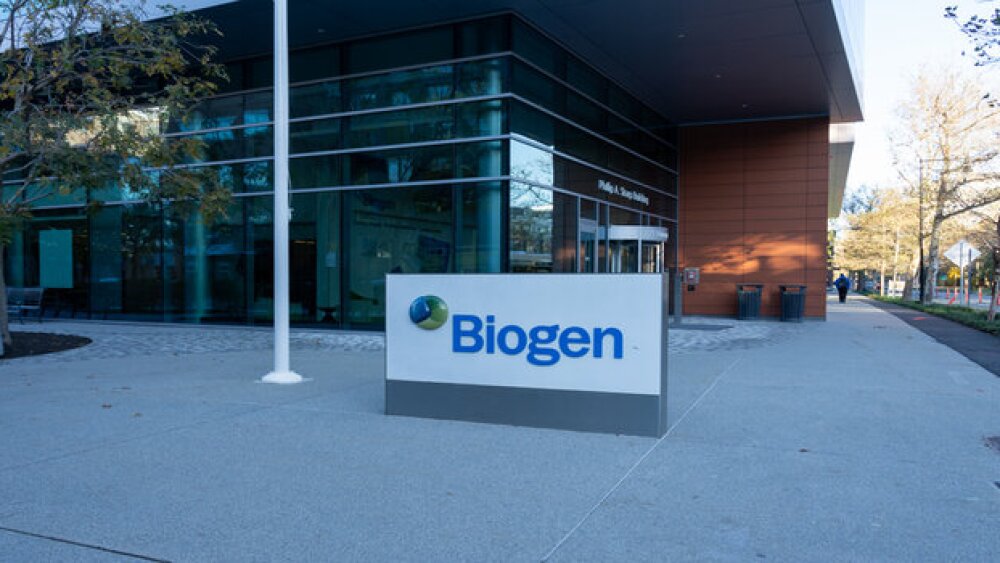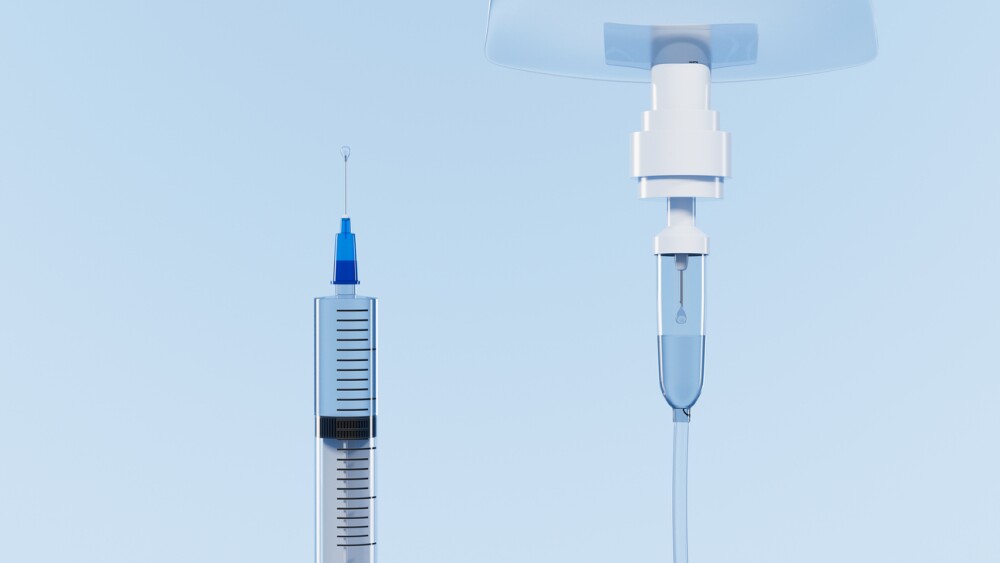The regulator Tuesday added atopic dermatitis to the label of Arcutis Biotherapeutics’ topical PDE4 inhibitor Zoryve for the treatment of patients six years of age and older.
The FDA on Tuesday approved the label expansion for Arcutis Biotherapeutics’ topical cream Zoryve (roflumilast), opening up its use to treat mild to moderate atopic dermatitis in adults and children as young as six years of age.
Atopic dermatitis is Zoryve’s third indication in two years, CEO Frank Watanabe said in a statement, adding that the company is “thrilled” by the approval. “Zoryve is the fastest-growing steroid-free topical, relied on to provide effective and safe results in any location on the skin for any duration.”
Arcutis is working to make Zoryve, at its 0.15% strength, widely available through wholesalers and dermatology pharmacies by the end of July 2024, according to the company.
Designed to be applied topically, Zoryve is a steroid-free inhibitor of PDE4, which is an enzyme that boosts the production of pro-inflammatory mediators while dampening the body’s anti-inflammatory mechanisms. Zoryve’s exact mechanism of action is currently not completely understood, according to its label, but it might help restore the balance of inflammatory pathways in the skin and directly affect its itch-signaling nerves.
The FDA previously cleared Zoryve for the treatment of plaque psoriasis in adults and adolescents as young as 12 years of age.
With the expansion into atopic dermatitis, Arcutis unlocks a market of 16.5 million adults and 9.6 million children in the U.S., according to the company. Atopic dermatitis is the most common form of eczema, characterized by burdensome itching and a dysfunction of the skin barrier.
Tuesday’s regulatory win is backed by data from three Phase III studies, including INTEGUMENT-1 and INTEGUMENT-2. Both late-stage trials met their primary endpoint of treatment success as determined by a score of clear or almost clear on the validated Investigator Global Assessment-Atopic Dermatitis scale, alongside a two-grade improvement at four weeks.
The INTEGUMENT studies also showed that Zoryve can significantly reduce itching and eczema severity in patients, with significant effects observed as early as the first week.
Zoryve was also safe and resulted in low overall rates of treatment-emergent adverse events. The majority of its side effects were classified as mild or moderate in severity. The most common toxicities include headache, nausea and application-site pains.
In addition to the INTEGUMENT program, Arcutis’ atopic dermatitis data package for Zoryve included findings from a Phase II dose-ranging trial and two Phase I pharmacokinetic studies.






